We all love jelly beans, and giving them up is like giving up a part of your childhood. It’s one of the hardest things you’ll go through if you decide to abide by a vegan lifestyle.
The good news is, there’s always an alternative, and now that veganism is as popular as ever, we believe that there will be many options to come in the future.
Ready to find out whether your favourite candies are suitable for a vegan diet or not? Keep on reading!
The Short Answer
Some jelly beans are vegan, but the majority aren’t. However, it’s pretty easy to identify the ones that aren’t vegan-friendly by checking the ingredient list.
The two most commonly used non-vegan ingredients to look out for are beeswax, which is animal-derived, being made from beetle resin, and the confectioner’s glaze (aka shellac). These ingredients give some belly beans their appealing shine.
Which Jelly Beans Ingredients Are Non-Vegan?
Before taking a look at the different jelly beans and whether they’re vegan or not, it’s best to be familiar with the non-vegan substances that are possibly used when making jelly beans. This way, you can tell whether your favourite candies are vegan without having to look them up.
Here’s a list of the ingredients you need to stay away from while buying jelly beans if you decide to go vegan:
Beeswax: As the name suggests, this wax comes from bees, so it’s not suitable for vegans.
Confectioner’s Glaze: May or may not be vegan, but it’s not most of the time. The most common source of confectioner’s glaze is shellac, which is scrapped off beetles, causing their death most of the time.
Gelatin: Although it’s not commonly used, it’s a no-go if you find it on the ingredients list. Gelatin is produced by boiling the parts left from animals like tendons, ligaments, bones, etc., which is why it’s not considered vegan.
Some candies are marked vegan, even though the ingredients include gelatin. In fact, it’s not gelatin; it’s a gelatin-like product that comes from seaweed and is marked as gelatin because it has the same properties.
Food Colourings: Blue no.1, blue no.2, red no.3, red no.40, Green no.3, yellow no. 5, and yellow no.6 are used the most. These food colourings are rather a grey zone. “Technically,” they’re not vegan, but since they’re tested on animals, they’re more or less against the concept of veganism.
Which Jelly Beans Are Vegan and Which Aren’t?
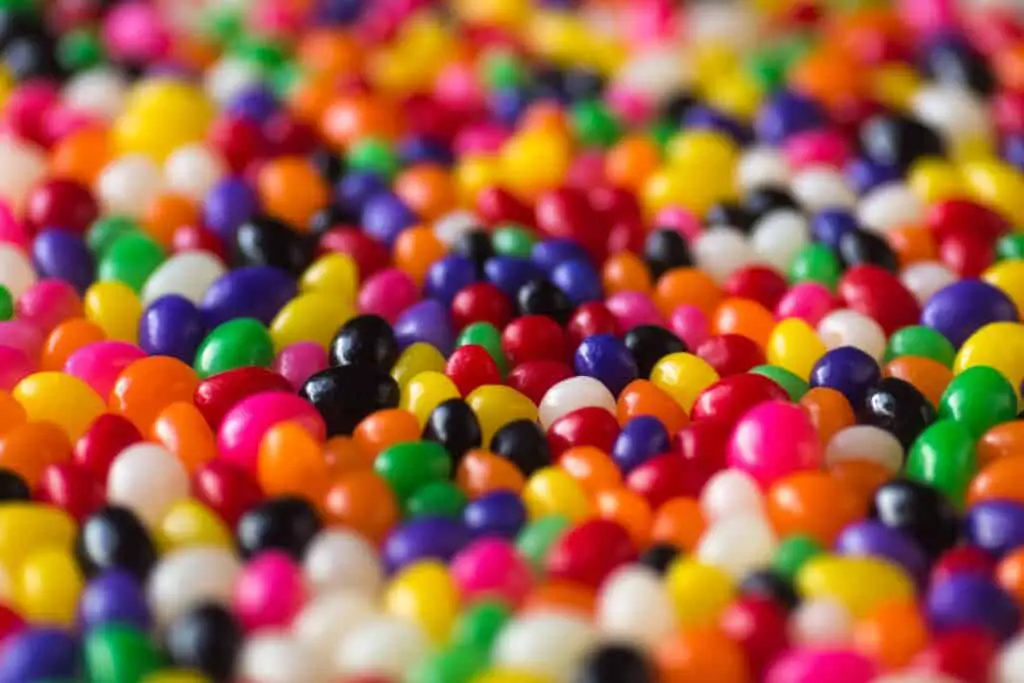
In this section, we’ll be going through some of the most popular jelly beans on the market and discuss their ingredients so you can rest assured no animal is suffering for making these mouth-watering candies.
Are Jolly Rancher Jelly beans Vegan?
We can’t say the same for other Jolly Rancher candies, but the jelly beans are potentially vegan.
What’s questionable about Jolly jelly beans is that they contain red 40, yellow 5 & 6, and Blue 1. The first three colours are derived from petroleum, and Blue 1 (or brilliant blue) is an artificial colour chemically produced from coal tar or oil.
As you can tell, these ingredients have nothing to do with animals when it comes to the production process. Nonetheless, they are somehow connected to animal cruelty as they’re tested on animals to ensure safety and determine their toxic level.
If your mere concern is whether these candies contain any animal-derived ingredients or not, we can guarantee they don’t.
On the other hand, the essence of being vegan is disapproving of anything related to torturing animals. This is why some vegans prefer to stay clear of Jolly Rancher candy, especially that there are plenty of vegan alternatives like YumEarth Organic Jelly Beans, offering the same addictive tartness we all love about Jolly Rancher candies.
Are Brach’s Jelly Beans Vegan?
Unfortunately, Brach’s jelly beans aren’t vegan as they contain beeswax, confectioner’s glaze, as well as some traces of animal-derived products like milk and eggs.
The Torie & Howard Chewies Fruities make a great vegan alternative. Not to mention, they offer a higher nutritional value as they contain the daily requirements of vitamin C, and they’re free of artificial colours, flavours or preservatives, so you’ll be staying on the healthy side.
Are Starburst Jelly Beans Vegan?
The Starburst jelly beans have an excellent reputation for being gluten-free. However, they’re not suitable for vegans as they’re coated with confectioner’s glaze. Vegans can try the Super Sweet Vegan Jellies (UK Store) instead. Not only are they quite tasty, but the package is reasonably priced and great for parties and Christmas gatherings; meanwhile, you’ll keep it vegan.
Are Haribo Jelly Beans Vegan?
Yes, Haribo jelly beans are on the vegan side. They contain plant-based ingredients, including sugar, modified corn starch, fruit and plant concentrate (sweet potato, apple. Spirulina, safflower, etc.), gum arabic, glucose syrup, citric acids, curcumin and anthocyanins colours.
The glazing agent used in Haribo jellies is carnauba wax, obtained from the carnauba palm plant, so it’s 100% vegan-friendly.
Summary of Vegan and Non-Vegan Jelly Beans
There are plenty of jelly beans on the market, and going through each can take forever. In this part of the article, we’ll list vegan, possibly vegan, and non-vegan jellies, so you have a short reference that you can get back to whenever needed.
| Vegan Jelly Beans | Surf Sweet YumEarth Organic Super Sweet Jellies Warheads Sour Wonka Nerds Bumpy |
| Potentially Vegan Jelly Beans | Jolly Rancher |
| Non-Vegan Jelly Beans | Jelly Belly Lifesavers Starburst Kirkland Brach’s |
Final Thoughts
As brave as being a vegan is, it comes at a cost, but you probably have concluded that there are plenty of options for vegans who like jelly beans. Hopefully, your favourite ones aren’t on the non-vegan list, to begin with. However, even if they’re, we think you should be excited about trying new vegan ones; you’re about to try another tasty jelly bean flavour!



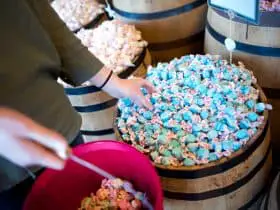
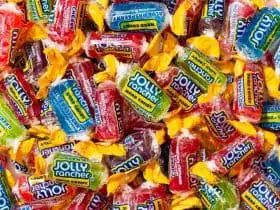

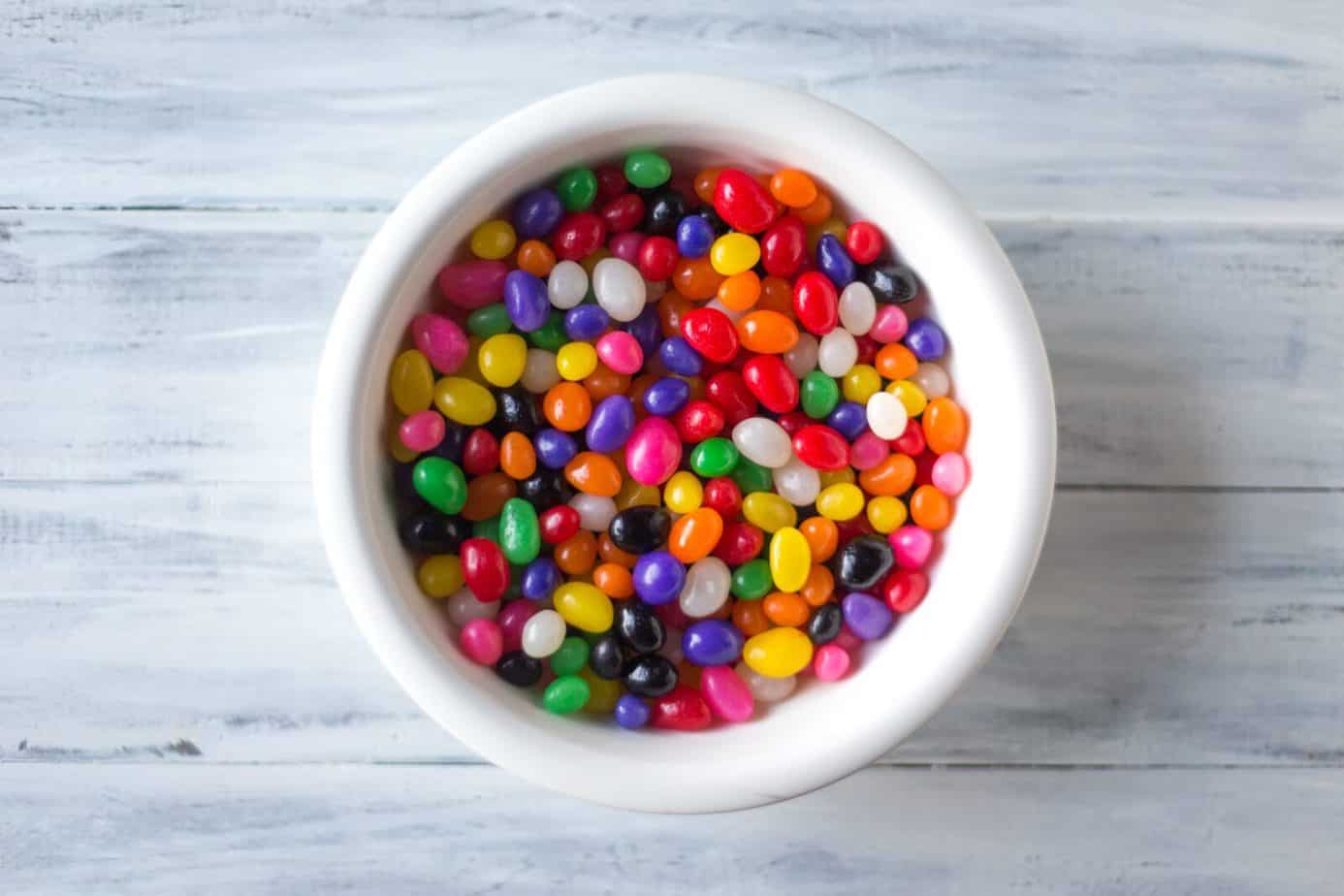

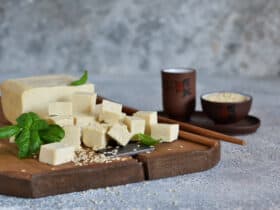
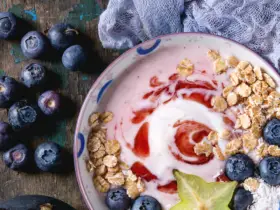
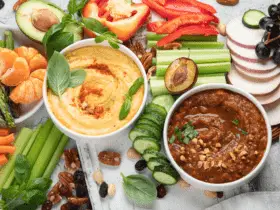
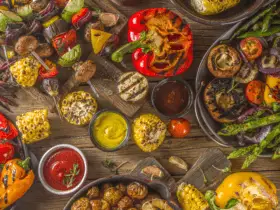
Leave a Reply